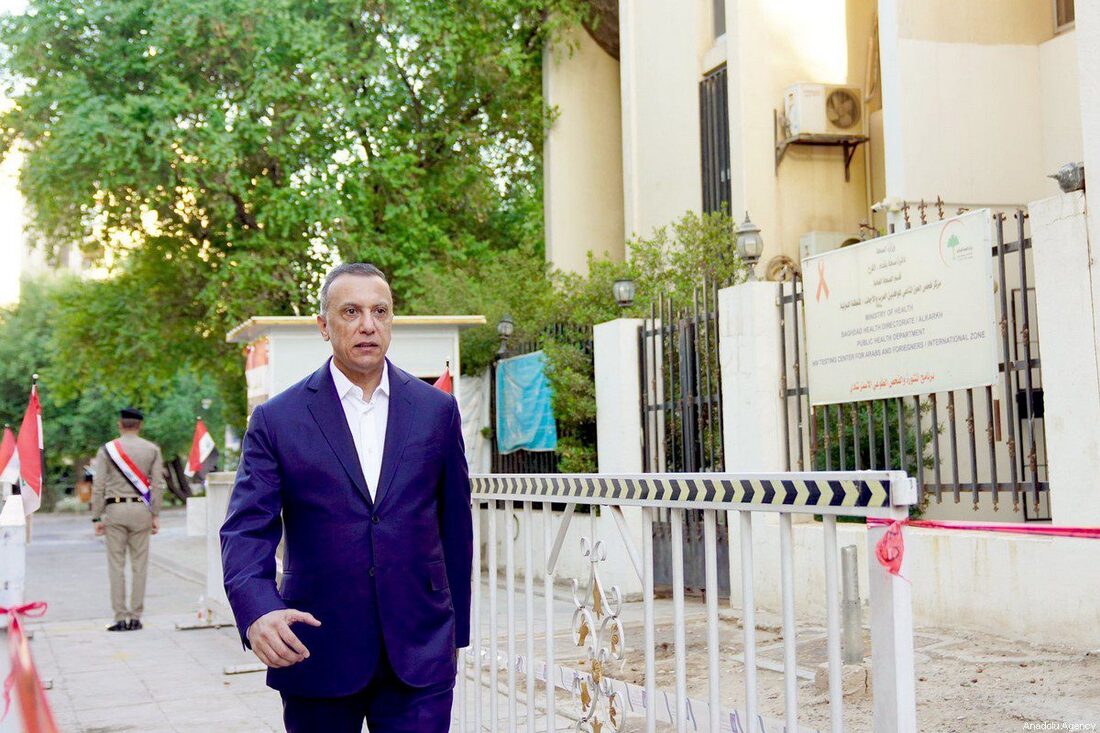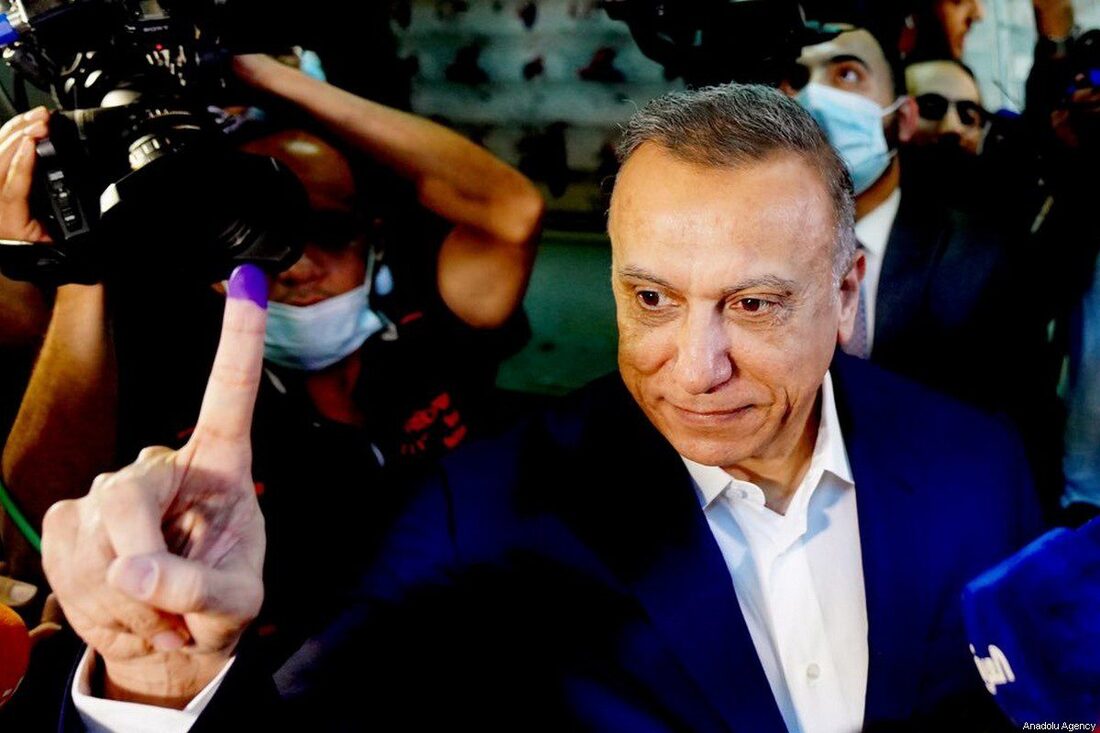Despite relying on a fragile political consensus, with a lack of a parliamentary support base of his own, Al-Kadhimi remains a threat to the aims of the Popular Mobilisation factions, which want to establish a state that represents Iran in government, basically annexes Iraq and is managed by the legal rulings of the Shia scholars of the Wilayat Al-Faqih. The results of the early parliamentary election, supervised by Al-Kadhimi's government, gave the militias more reasons to get rid of him, either by preventing him from returning to lead the government, or even killing him.
However, the pressure exerted by Iran's allies, including the use of popular protests, did not intimidate the Electoral Commission to change the election results after a recount of thousands of ballot boxes. The last attempt in this context was last Friday, when it seemed that there was an effort to drag the government into a street confrontation that would reshuffle the political cards and give some justification for the factions to use force against the state.
It is not possible to look at the abuses carried out by the militias without viewing them as targeting the state systematically and deliberately. The recent abuses in the village of Nahr Al-Imam, for example, where they massacred local people, ostensibly in "revenge" for killings by Daesh in the neighbouring village of Al-Rashad. Activists were targeted by the militias who reject Iranian intervention in the central and southern cities, or prevented the security services from imposing order. Such abuses are also seen as a means of working to a foreign agenda, the main purpose of which is to keep Iraq weak, divided and run by an illusory government, whose mission is to provide cover for militias that have actual authority on the ground, and take their orders from across the border.
His handling of the assassination attempt suggests that he is still reluctant to take decisive measures to restore state authority and prestige. His approval of foreign mediation represented by his reception of the commander of the Quds Force in the Islamic Revolutionary Guard Corps, Brigadier General Esmail Qaani, means that the Iraqi prime minister has agreed to consider the militias as equals to the state, instead of dealing with them as outlaw groups that are not worthy of mediation.
Given the international support he received after the assassination attempt, including from the UN Security Council, there is an opportunity to end the armed chaos and restore the authority of the state. This is especially so in light of the popular discontent over the abuses by the militias, confirmed by the heavy election defeat of candidates linked to the armed groups. If Al-Kadhimi is firm and moves in this direction, there is a possibility that he will turn into an Iraqi national leader, and go down in history as the politician who restored Iraq's sovereignty and independence, eliminated the chaos and corruption of militias, and ended foreign interference in its affairs.
For this to happen, he must stop putting off the announcement of the election results, which will end the current parliament's mandate. He must then move to dissolve the Popular Mobilisation Committee, and invite militia members, with the exception of their leaders, to join the Iraqi security services and army as individuals. That would leave all weapons in the hands of the state. The militia leaders can choose between returning to where they came from and are loyal — Iran — or stay and be held accountable for their crimes and corruption over the past two decades in Iraq.
The result would be a new parliament, a new government, a new state and a new Iraq. Will Al-Kadhimi do it, or will he remain captive to his hesitation, and waste this golden opportunity for himself and his country? This is his last chance.
Source (Click Here)



 RSS Feed
RSS Feed